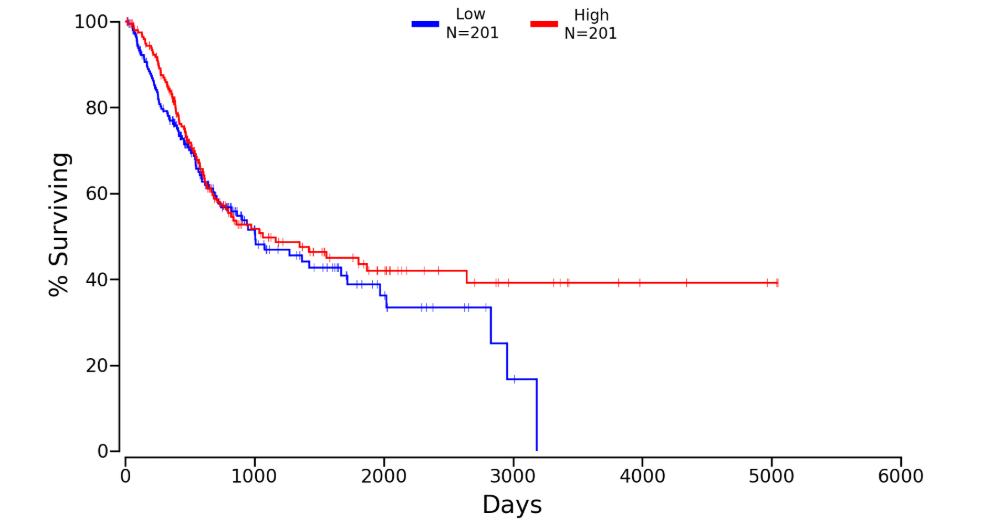PLK2
Entrez ID: 10769
Full name: polo like kinase 2
External links: HGNC UniprotKB Ensembl RefSeq COSMIC
Family: Other: PLK: PLK2
Chromosomal location: 5q11.2
Substructure location: Gatekeeper: 159 A-loop: 222...245 G-loop: 89...96 αC-helix: 115...118
Please click HERE
for better display.
PLK2
Tumor suppressor serine/threonine-protein kinase involved in synaptic plasticity, centriole duplication and G1/S phase transition. Polo-like kinases act by binding and phosphorylating proteins are that already phosphorylated on a specific motif recognized by the POLO box domains. Phosphorylates CENP...
Tumor suppressor serine/threonine-protein kinase involved in synaptic plasticity, centriole duplication and G1/S phase transition. Polo-like kinases act by binding and phosphorylating proteins are that already phosphorylated on a specific motif recognized by the POLO box domains. Phosphorylates CENPJ, NPM1, RAPGEF2, RASGRF1, SNCA, SIPA1L1 and SYNGAP1. Plays a key role in synaptic plasticity and memory by regulating the Ras and Rap protein signaling: required for overactivity-dependent spine remodeling by phosphorylating the Ras activator RASGRF1 and the Rap inhibitor SIPA1L1 leading to their degradation by the proteasome. Conversely, phosphorylates the Rap activator RAPGEF2 and the Ras inhibitor SYNGAP1, promoting their activity. Also regulates synaptic plasticity independently of kinase activity, via its interaction with NSF that disrupts the interaction between NSF and the GRIA2 subunit of AMPARs, leading to a rapid rundown of AMPAR-mediated current that occludes long term depression. Required for procentriole formation and centriole duplication by phosphorylating CENPJ and NPM1, respectively. Its induction by p53/TP53 suggests that it may participate in the mitotic checkpoint following stress.
View more >>
GO - Biological processes (BP):
DNA damage response, signal transduction by p53 class mediator resulting in cell cycle arrest, G1/S transition of mitotic cell cycle, long-term synaptic depression, long-term synaptic potentiation, memory, mitotic cell cycle, mitotic cell cycle checkpoint, mitotic spindle organization, negative regu...
DNA damage response, signal transduction by p53 class mediator resulting in cell cycle arrest, G1/S transition of mitotic cell cycle, long-term synaptic depression, long-term synaptic potentiation, memory, mitotic cell cycle, mitotic cell cycle checkpoint, mitotic spindle organization, negative regulation of angiogenesis, negative regulation of apoptotic process, negative regulation of apoptotic process in bone marrow cell, negative regulation of cellular senescence, negative regulation of dendritic spine development, peptidyl-serine phosphorylation, positive regulation of autophagy, positive regulation of cell migration involved in sprouting angiogenesis, positive regulation of I-kappaB kinase/NF-kappaB signaling, positive regulation of proteasomal ubiquitin-dependent protein catabolic process, positive regulation of protein binding, positive regulation of protein catabolic process, protein phosphorylation, Rap protein signal transduction, Ras protein signal transduction, regulation of centriole replication, regulation of cytokinesis, regulation of synaptic plasticity
View more >>
GO - Molecular function (MF):
ATP binding, ATP-dependent protein binding, protein-containing complex binding, protein serine/threonine kinase activity...
ATP binding, ATP-dependent protein binding, protein-containing complex binding, protein serine/threonine kinase activity
View more >>
GO - Cellular component (CC):
centriole, centrosome, spindle pole, cytosol, nucleus, chromatin, cytoplasm, dendrite...
centriole, centrosome, spindle pole, cytosol, nucleus, chromatin, cytoplasm, dendrite
View more >>
polo like kinase 2
Control panel
Show dataset:
Show substructure:
All sites
Gatekeeper
A-loop
G-loop
αC-helix
Gatekeeper
A-loop
G-loop
αC-helix
Filter mutation sites
All sites
Minimum 5 samples
Minimum 10 samples
Minimum 5 samples
Minimum 10 samples
Data table is loading....
Kaplan plot for PLK2 in

Download patient group data (Lower:Upper = 50%:50%)
*NOTE: the Kaplan plots were collected from OncoLnc